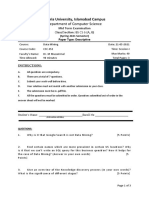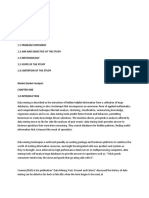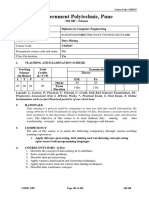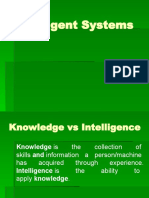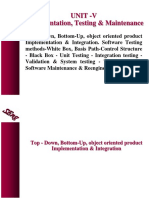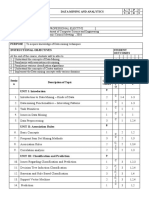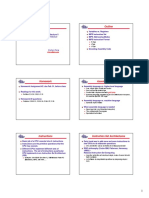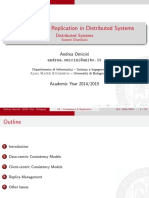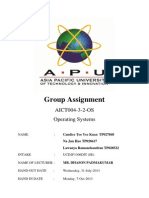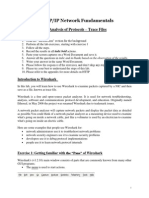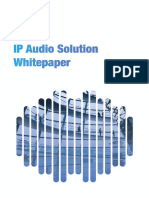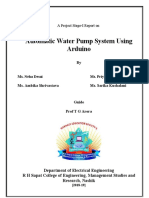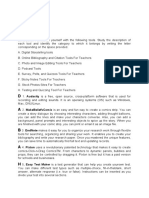0% found this document useful (0 votes)
293 views7 pagesData Mining Course Outline
This document provides information about a course titled "Data Mining" including:
- The course code, trimester, instructor, and program details.
- A brief description of the course content which will cover data mining concepts, techniques, and software.
- The instructional goals and student learning objectives which are to introduce data mining concepts and develop skills in data mining software.
- An outline of 15 course sessions that will cover topics like data preprocessing, association rules, classification algorithms like decision trees and Naive Bayes, and clustering algorithms like K-means and agglomerative clustering.
Uploaded by
Kamran AmeerCopyright
© © All Rights Reserved
We take content rights seriously. If you suspect this is your content, claim it here.
Available Formats
Download as DOC, PDF, TXT or read online on Scribd
0% found this document useful (0 votes)
293 views7 pagesData Mining Course Outline
This document provides information about a course titled "Data Mining" including:
- The course code, trimester, instructor, and program details.
- A brief description of the course content which will cover data mining concepts, techniques, and software.
- The instructional goals and student learning objectives which are to introduce data mining concepts and develop skills in data mining software.
- An outline of 15 course sessions that will cover topics like data preprocessing, association rules, classification algorithms like decision trees and Naive Bayes, and clustering algorithms like K-means and agglomerative clustering.
Uploaded by
Kamran AmeerCopyright
© © All Rights Reserved
We take content rights seriously. If you suspect this is your content, claim it here.
Available Formats
Download as DOC, PDF, TXT or read online on Scribd
/ 7






























